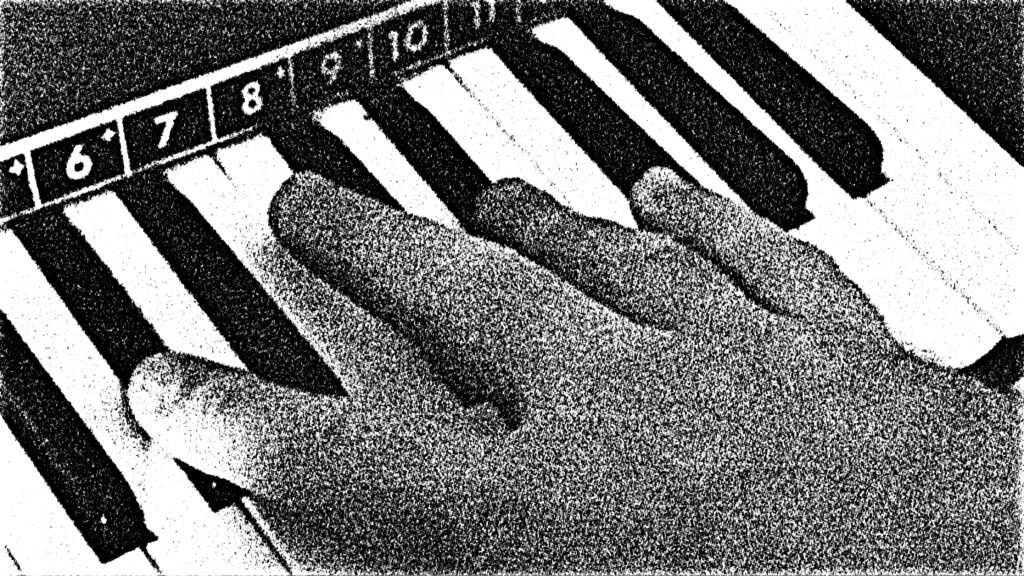SR: During the past decade, there’s been a larger reevaluation of pop music and its merits—what many refer to as poptimism—and it’s prompted a major shift in music journalism, especially at outlets like Pitchfork. Do you think that’s been a good thing?
PS: I do in the sense that people are taking seriously styles of music that for a long time were just written off. It’s caused journalists and readers to rethink a lot of assumptions about what constitutes value, and it’s undone a lot of prejudices about women and people of color making music and what styles are valid for critical appraisal. At the same time, when it comes to contemporary pop, what I find frustrating as a reader and a listener is that I sometimes find the discourse to be far more interesting than the music. For many records, there’s not a lot of substance there beyond the fame of the artist, and I don’t think that the critical discourse acknowledges that. Still, it’s hard to generalize, and my opinion probably reflects my own tastes, which are quite experimental and idiosyncratic.
+
PS: … if we’re using the word underground to talk about dance music that’s made primarily to fill nightclubs where the business model is based on alcohol sales, then that word doesn’t really mean anything anymore.
+
PS: … as the scene has become more diversified, not just in terms of demographics but also in terms of geography and styles of music, I think it’s become harder to do an electronic music publication that represents the breadth of everything and still feels central. There’s been an explosion of musicians, DJ and venues; maybe the answer is to go back to more locally focused publications. That might be a better way to represent what’s actually happening in electronic music.
A few of my favorite takeaways from Shawn Reynaldo’s in-depth interview with veteran music journalist and reviewer Philip Sherburne. All instances of emphasis are mine. The full piece goes up behind a paywall tomorrow so read it while you can (if you’re a paid subscriber to Shawn’s excellent First Floor newsletter then you’ll continue to have access).

